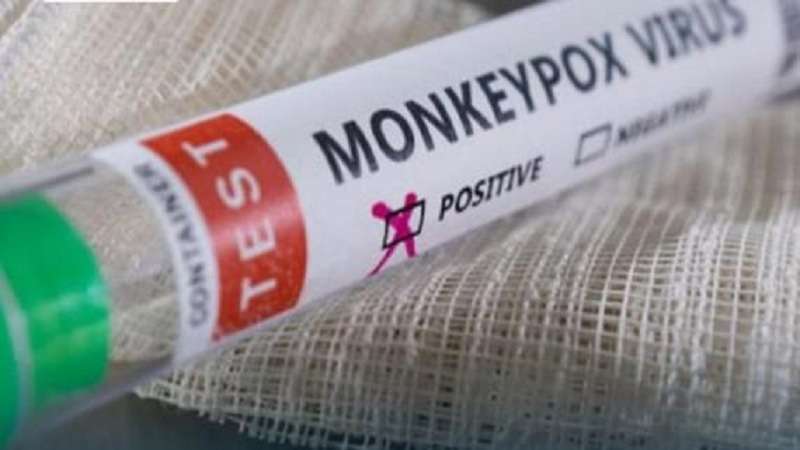The World Health Organization (WHO) has been actively collaborating with the Government of Pakistan in investigating the recent outbreak of Monkeypox, a viral zoonotic disease caused by the pox virus (MPXV).
The situation is still evolving, but both entities are working to control the spread of the virus and provide optimal clinical care to those affected.
In a recent statement on Monkeypox, the WHO stated that it would provide assistance to the Pakistani government as required, specifically in the areas of lab testing, Points of Entry, and provision of testing kits. The National Institute of Health (NIH), provincial health departments, Border Health Services at all airports, District Health authorities at Islamabad and provinces have been advised to ensure surveillance through laboratory diagnostics, contact tracing, and rapid identification of suspected cases and clusters of infections, among other measures.
Despite the 22 samples from suspected cases referred from different parts of the country, as of now, there is no evidence of localized transmission of Mpox in Pakistan. According to an official from the Ministry of National Health Services, the risk of international spread of the disease from Pakistan remains low, and the WHO does not recommend any restrictions on trade based on the current information available regarding Mpox outbreaks.
However, the WHO has declared Monkeypox a Public Health Emergency of International Concern on July 22, making it reportable under IHR 2005. Monkeypox is a contagious disease that can be transmitted from infected animals to humans or from infected humans to other humans via close contact and droplets. As of now, approximately 87,000 laboratory-confirmed cases and 119 deaths have been reported from 111 countries worldwide.
The global number of cases reported weekly peaked in August 2022, and since then, the cases have been steadily declining. While there is no specific treatment for Monkeypox, supportive therapy and symptomatic treatment can improve clinical outcomes. Additionally, preventive measures such as vaccination against smallpox, avoiding contact with infected animals or people, and regular hand washing can help control the spread of the virus.
In conclusion, the collaboration between the WHO and the Government of Pakistan on Monkeypox is ongoing, and both entities are working to control the spread of the virus while ensuring optimal clinical care for those affected. The risk of international spread of the disease remains low, and the WHO does not recommend any trade restrictions. However, preventive measures such as vaccination and regular hand washing remain crucial in controlling the spread of the virus.
